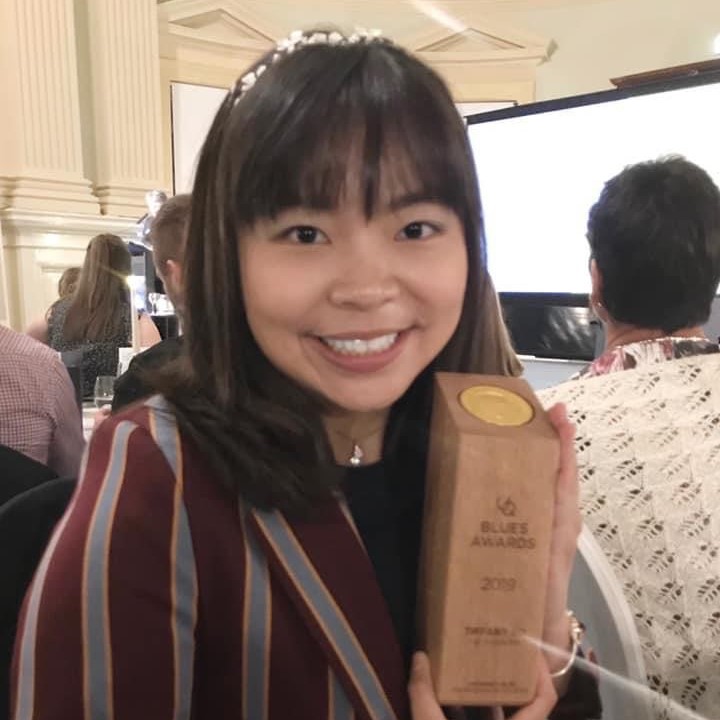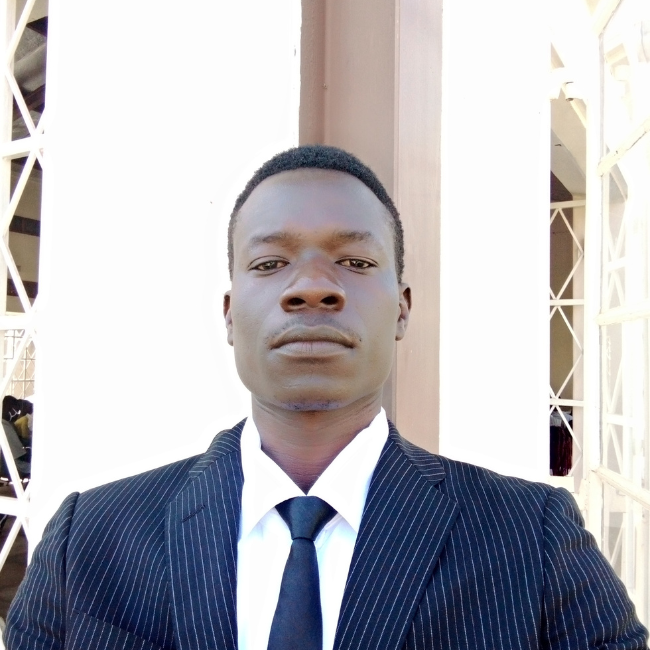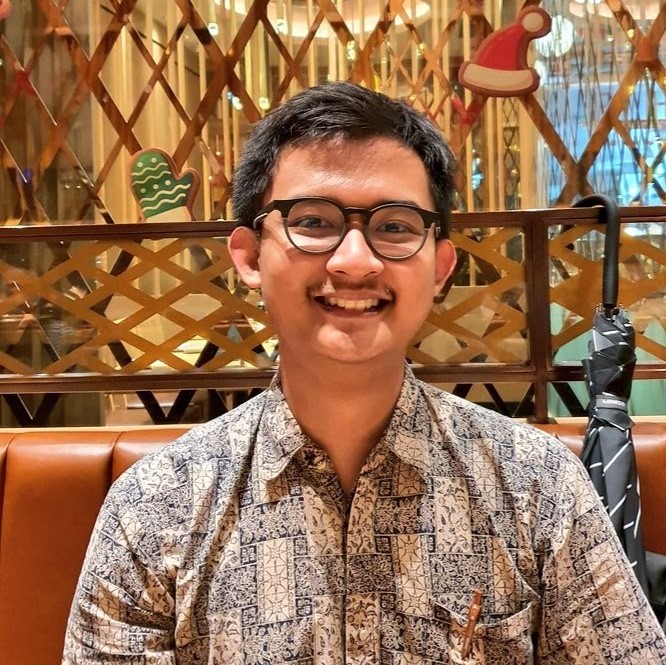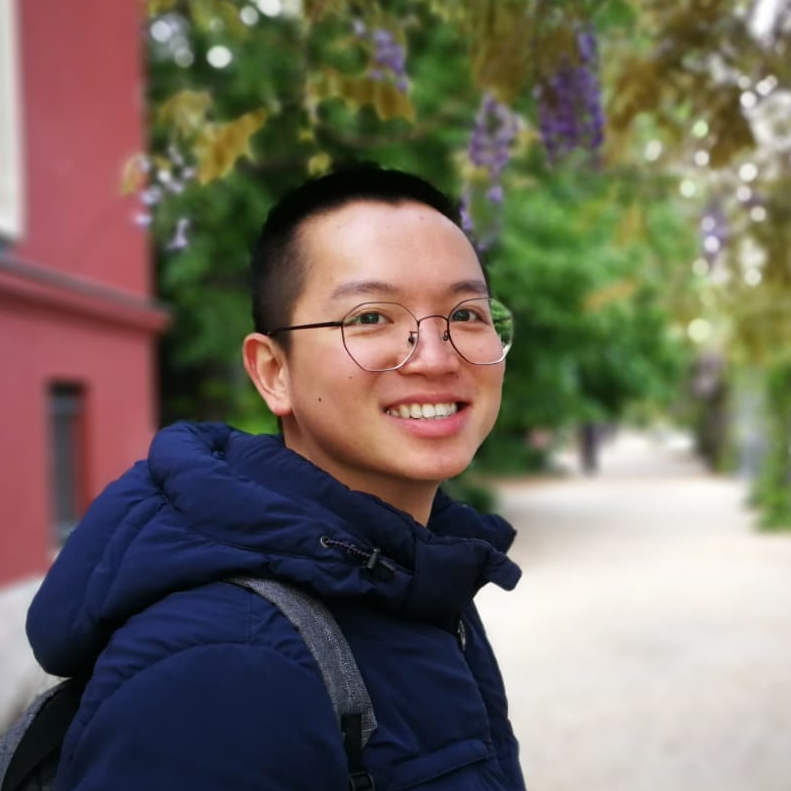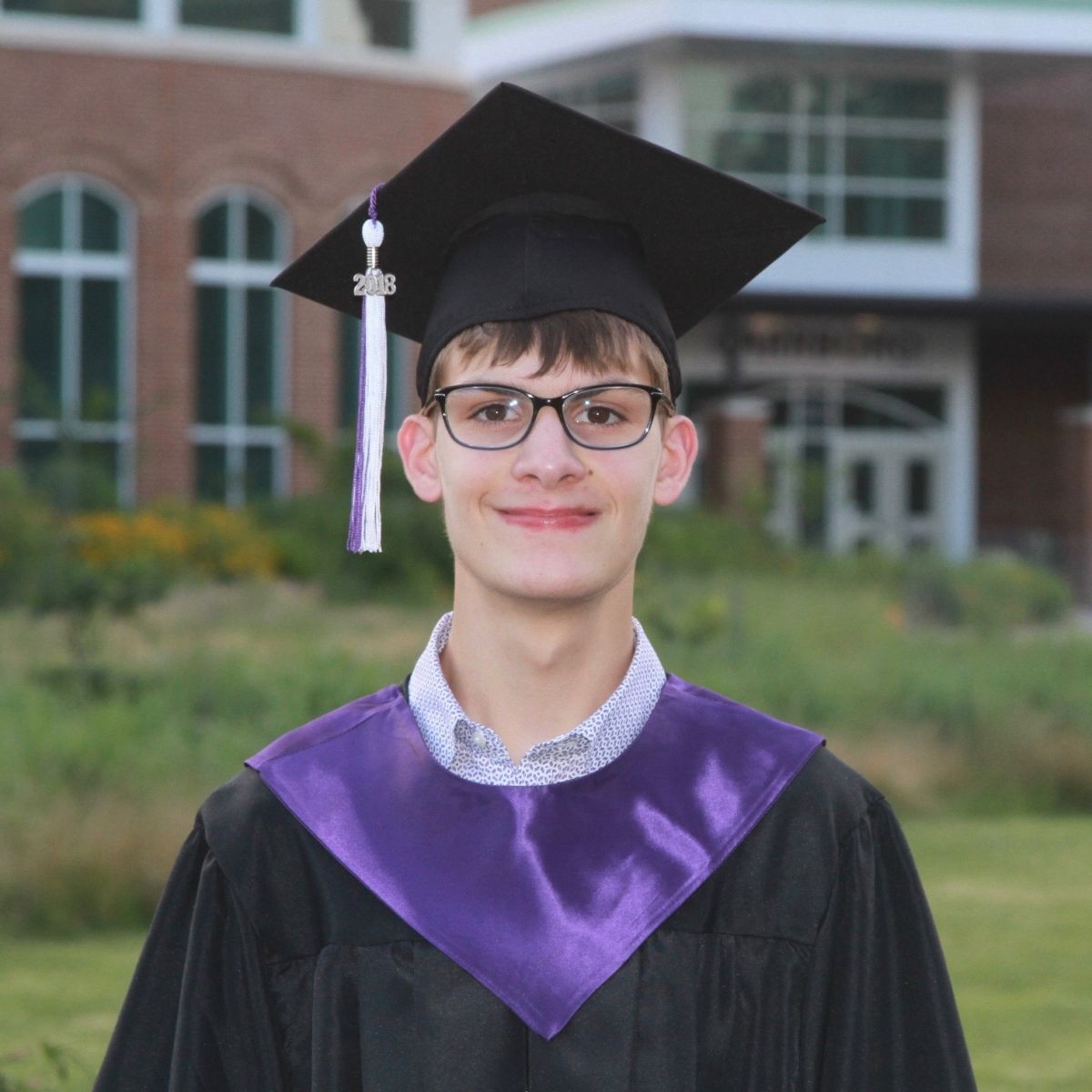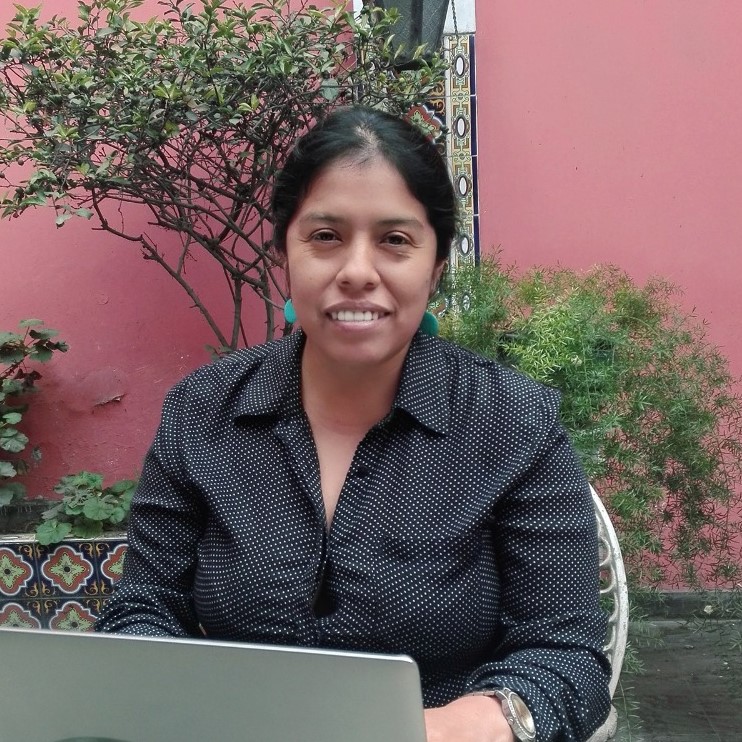Gen Z vs. Unemployment in Trinidad and Tobago
I’m not looking for a job in my field. Instead, I am seeking shelter from the country’s steadily-increasing cost of living at any organization I can find that may have use for my knowledge, skills, and experience.
Trinidad and Tobago, Caribbean
Story by Nicholas. Edited by Izzy Bauman
Published on November 1, 2022.
Reading time: 4 minutes
I graduated last year, with first-class honours, from the highest-ranking university in the Caribbean. I have over five years of extra- and co-curricular experience in management, administration, diplomacy, education, marketing communication and human resources. I can also communicate in three languages. However, unfortunately, they will not be moving forward with my application. Or so I assume as I have yet to receive feedback from them.
I’m not looking for a job in my field. Instead, I am seeking shelter from the country’s steadily-increasing cost of living at any organization I can find that may have use for my knowledge, skills, and experience. While I may have graduated with an above-average GPA, degree programmes in my field are always oversubscribed so the competition for jobs in my field is always high. But I also have not been able to find any leads for any jobs in my field since graduating.
It can be difficult to find jobs in my field in Trinidad and Tobago, especially if you are not related to or acquainted with someone who knows about a vacancy or has the power to create a vacancy for a job. But even outside my field, nepotism has proven to be the difference between employment and unemployment for me. A few years ago, a friend of mine and I applied for the same internship programme. My knowledge, skills, and experience were more relevant than theirs, but they had a connection inside the company so they were accepted into the programme while I was rejected.
Experience requirements almost never match educational requirements in job postings in Trinidad and Tobago. I have encountered numerous job postings for entry-level jobs that require, for example, a high school diploma but also a specific number of years of experience that is impossible for a high school graduate to have. Furthermore, it is unclear if extra- or co-curricular experience is even equated to professional experience in Trinidad and Tobago. I am unable to know if the reason I have not received an offer for any of the over one hundred jobs I applied for in the last 14 months is because of the type of experience I possess because I have not received feedback on any of my applications.
The government’s On-The-Job Training Programme, which promises to provide citizens between the ages of 16 and 35 with professional experience, has proven to be inefficient. After seeing all those who registered for the program still waiting to be interviewed several years later, my faith in the program was destroyed. I know I cannot trust the government to help me find a decent job.
The only jobs I can find that require no prior experience are minimum wage jobs. This may be one of the reasons why many diploma and degree holders are employed as cashiers, waiters, and sales clerks where they remain overworked and underpaid for years. This is the case for another friend of mine who also graduated with first-class honours last year and is now employed as a sales clerk for three days a week without prospects of work in their field.
This has only exacerbated the fear I have for my own future in Trinidad and Tobago. I have always contemplated migration for other reasons but now I fear it is the only way I can evade a similar fate.
Unfortunately, the process of migration is not an easy one. However, it is easier to find jobs in my field in so-called first world countries through online job boards than in Trinidad and Tobago. Furthermore, in some of those countries, salaries are higher and costs of living are lower than in Trinidad and Tobago. Therefore, I am now hopeful for a future outside the country where I can build a career and live a more comfortable life.
How does this story make you feel?
Follow-up
Do you have any questions after reading this story? Do you want to follow-up on what you've just read? Get in touch with our team to learn more! Send an email to [email protected].
Talk about this Story
Please enable cookies to view the comments powered by Disqus.
Subscribe to our Monthly Newsletter
Stay up to date with new stories on Correspondents of the World by subscribing to our monthly newsletter:
Topic: Education
> Taiwan
What Becoming a Teacher Taught Me: My Journey to Smangus Tribe
A story by Tiffany Ko
8 min Long Read
After facing difficulties in her business, Tiffany decided to move to a small tribe in the mountains of Taiwan and become a teacher. This is her story of how her time in Smangus healed her wounds and let her grow as a person. Read more...
> India
Tending Minds, Empowering Hearts: Navigating the Depths of Mental Health as a Therapist
A story by Anonymous
5 min
In the relentless realm of mental health, a young therapist grapples with the weight of preventing tragedy in an educational institute. As they navigate the complexities of their profession, the story unfolds, delving into the delicate balance between healing others and preserving one's own mental well-being. Read more...
> Uganda
My Educational Story in Uganda
A story by Opio Lameck
4 min
Education is the way to go, but the route to success is not easy. My educational journey has shown me that achievement takes sacrifice, commitment, prayers and interpersonal relationships with both teachers and classmates. Read more...
Explore other Topics
Get involved
At Correspondents of the World, we want to contribute to a better understanding of one another in a world that seems to get smaller by the day - but somehow neglects to bring people closer together as well. We think that one of the most frequent reasons for misunderstanding and unnecessarily heated debates is that we don't really understand how each of us is affected differently by global issues.
Our aim is to change that with every personal story we share.
Community Worldwide
Correspondents of the World is not just this website, but also a great community of people from all over the world. While face-to-face meetings are difficult at the moment, our Facebook Community Group is THE place to be to meet other people invested in Correspondents of the World. We are currently running a series of online-tea talks to get to know each other better.












